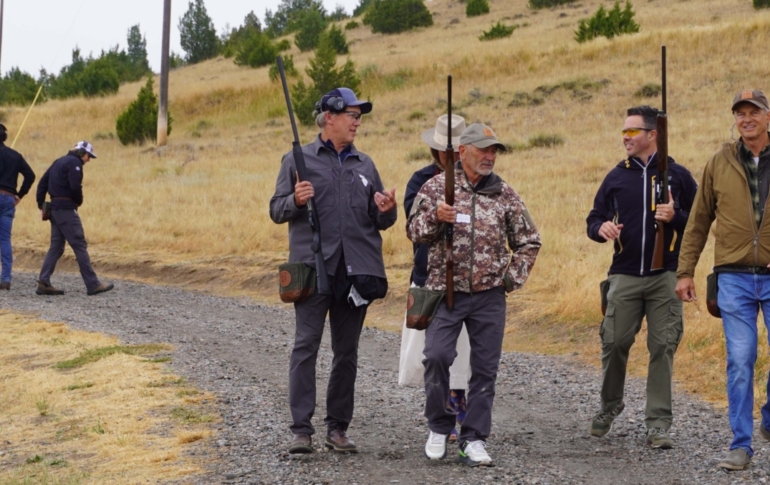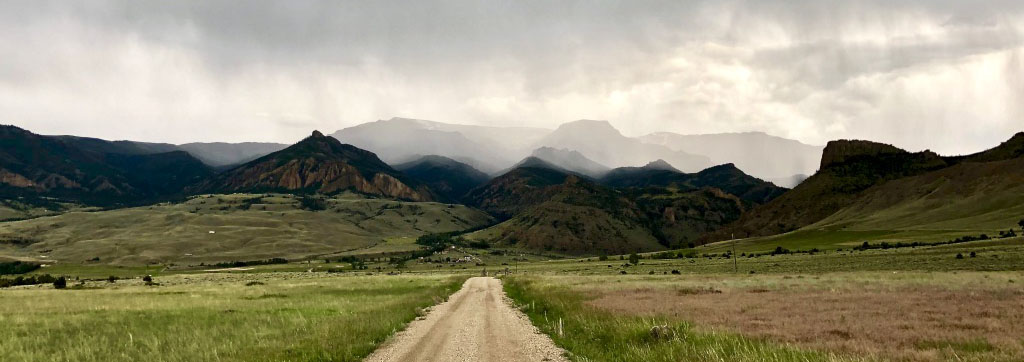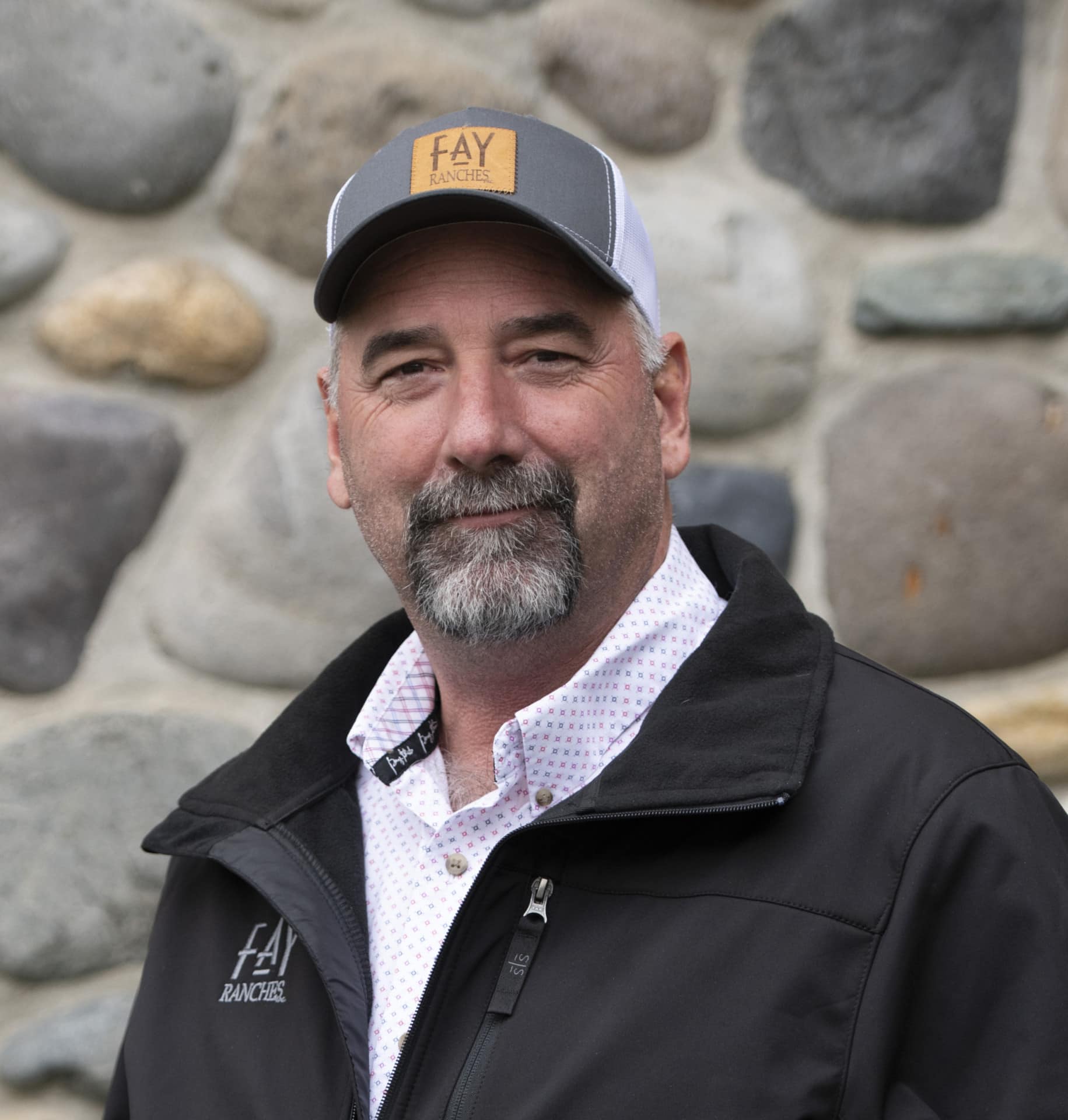Wyoming’s Split Estate
By Neil Bangs, Associate Broker, Licensed in WY
One of the most frequently asked questions regarding ranch sales in Wyoming is, who owns the mineral rights? And what rights do they have?
In many states, the owners of the land are not necessarily the owners of the mineral estate. Wyoming is such a state. Separation of the surface rights and subsurface rights occur through either a mineral deed or a mineral reservation.
Unfortunately, many sellers do not own the mineral estate beneath the ranch they are selling or are unwilling to sell their mineral interest along with the surface. In many instances, the mineral ownership is unknown, and completing a mineral title search can be very expensive. Minerals were first filed on in the mid to late 1800s, and since then, all or a percentage of the mineral rights have been willed, sold, assigned, and traded, making it a daunting task to track down who owns what.
Many of you have undoubtedly heard horror stories regarding stock or domestic wells going dry in direct relationship to energy development, but like all circumstances where two industries overlap, there is another side of the coin. That’s not to say there are no issues, but it is certainly not all bad. Miles of roads have been developed, allowing ranchers easy access to rough and rugged terrain they would likely not have if not for energy development.
Electricity has been installed throughout this same rugged country, offering the rancher the ability to have power in places they never imagined. Overflow water, when deemed useable, has been used for stock water and, at times, for irrigation. When abandoned methane gas or oil wells are earmarked to be closed in, ranchers have applied for and were allowed to re-permit wells and convert them to stock wells in their name.
What protects the landowner in the case that another individual owns the subsurface rights? In most cases, the owner of the minerals is not the entity that develops or extracts them. Typically, the minerals’ owner will lease the mineral rights to an energy company that will produce whatever product is below the surface. In Wyoming, that is typically coalbed methane gas, oil, coal, uranium, and bentonite. The one document that spells out the surface landowners’ rights is a Surface Lease Agreement. This document’s language can vary from being specific enough to identify the amount of money the landowner would receive per new and existing well sites, to identifying a yearly lump sum payment covering all activity (or it could have been a one-time payment made 30 years ago with no further damage payments due). This is the document that needs serious attention. This document, along with a current Title Policy, will spell out what the energy company can and cannot do. It will more than likely tell you if they have the right to access their sites and equipment, will they be responsible for the maintenance of the roads, and what is the spacing for new wells? Every 80 acres? That is why this document if it exists, is essential to see, so you can weigh the likelihood of the energy activity and the Surface Lease Agreement and decide if the ranch is for you or not. But like all industries, areas that once were booming with activity have gone quiet. In this case, the main question is, are the mineral rights leased? If they are not leased when you purchase a ranch, you become the person an energy company would have to contact to negotiate a new Surface Lease Agreement. This is where you can be specific: the last thing an energy company wants is a phone call from an irate landowner every time one of their employees enters a property.
There are areas of Wyoming that are far more active than others, and there are parts of the state that are not physically affected by energy production at all. Local ranchers deal with this regularly, probably with mixed emotions. If a local rancher is looking at purchasing a Wyoming ranch, the question always arises: are there any yearly surface damage payments? They almost look at it as an income source and an added bonus to a ranch sale. It is certainly up to each individual where they choose to purchase their ranch. There are positive and negative effects in every industry. The fact that Wyoming is one of the most tax-friendly states in America can be directly linked to the energy industry’s amount of tax revenue.
The two industries, for the most part, coexist in harmony. Years of learning from past mistakes on both industries’ behalf have led to new regulations, new technology, more detailed Surface Agreements, and better practices for all involved. As long as one does their due diligence, hires the right broker, and knows what to look for and the questions to ask, they can arm themselves with as much information as possible and make an informed decision.

Joette Schalla, ALC, Land Broker of the Year by Colorado RLI Chapter
Fay Ranches is proud to recognize the outstanding achievement of our own Joette Schalla, ALC, who has been named Land Broker of the Year by the Colorado Chapter of the REALTORS® Land Institute. This prestigious award highlights the exceptional professionals in the land industry who demonstrate expertise, leadership, and an unwavering commitment to their clients […]

Breaking Clays, Building Futures: Fay Ranches at the First Annual FRCF Clay Shoot
On August 27th, the Fay Rural Community Foundation (FRCF) hosted its first annual Clay Shoot, bringing together 66 participants across 17 teams for a day of sport, camaraderie, and purpose. Despite the rainy weather, the event raised more than $24,000 to support rural communities. For Fay Ranches, this event was more than a fundraiser. Our […]




